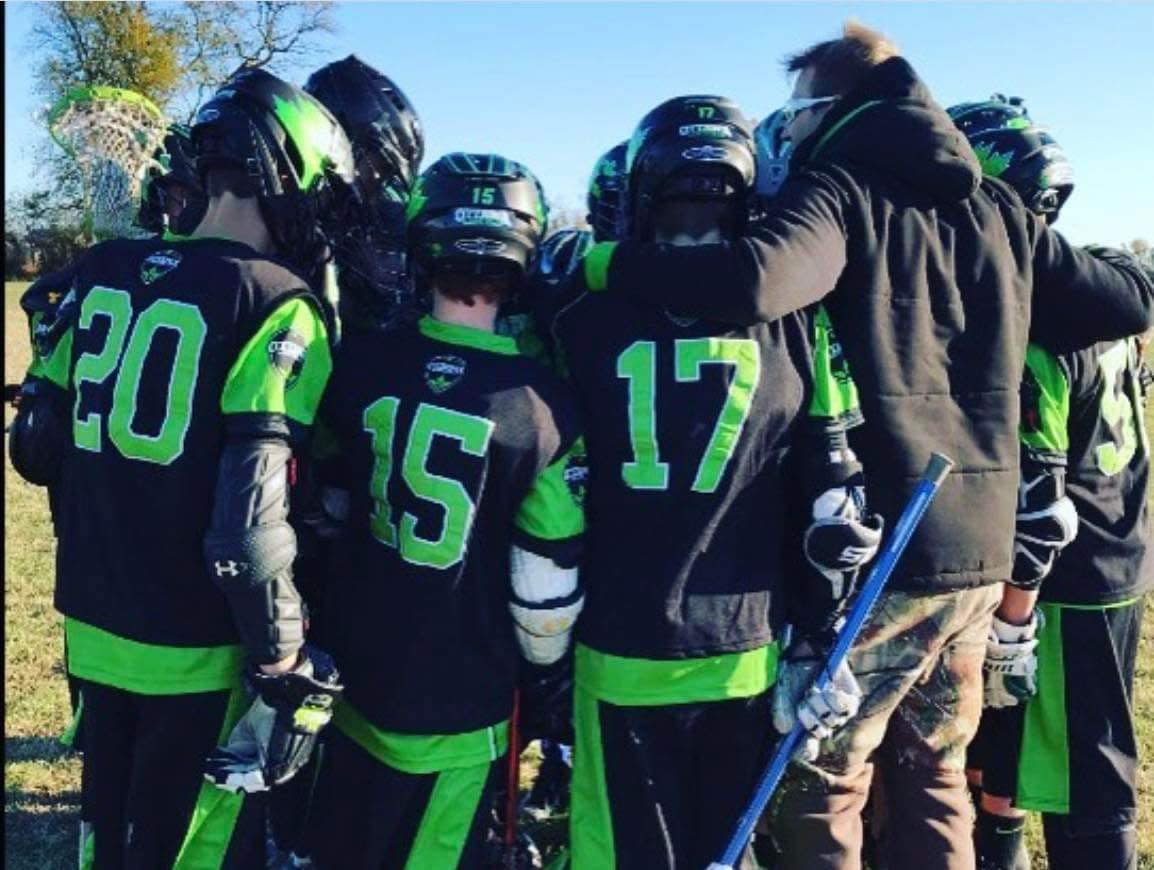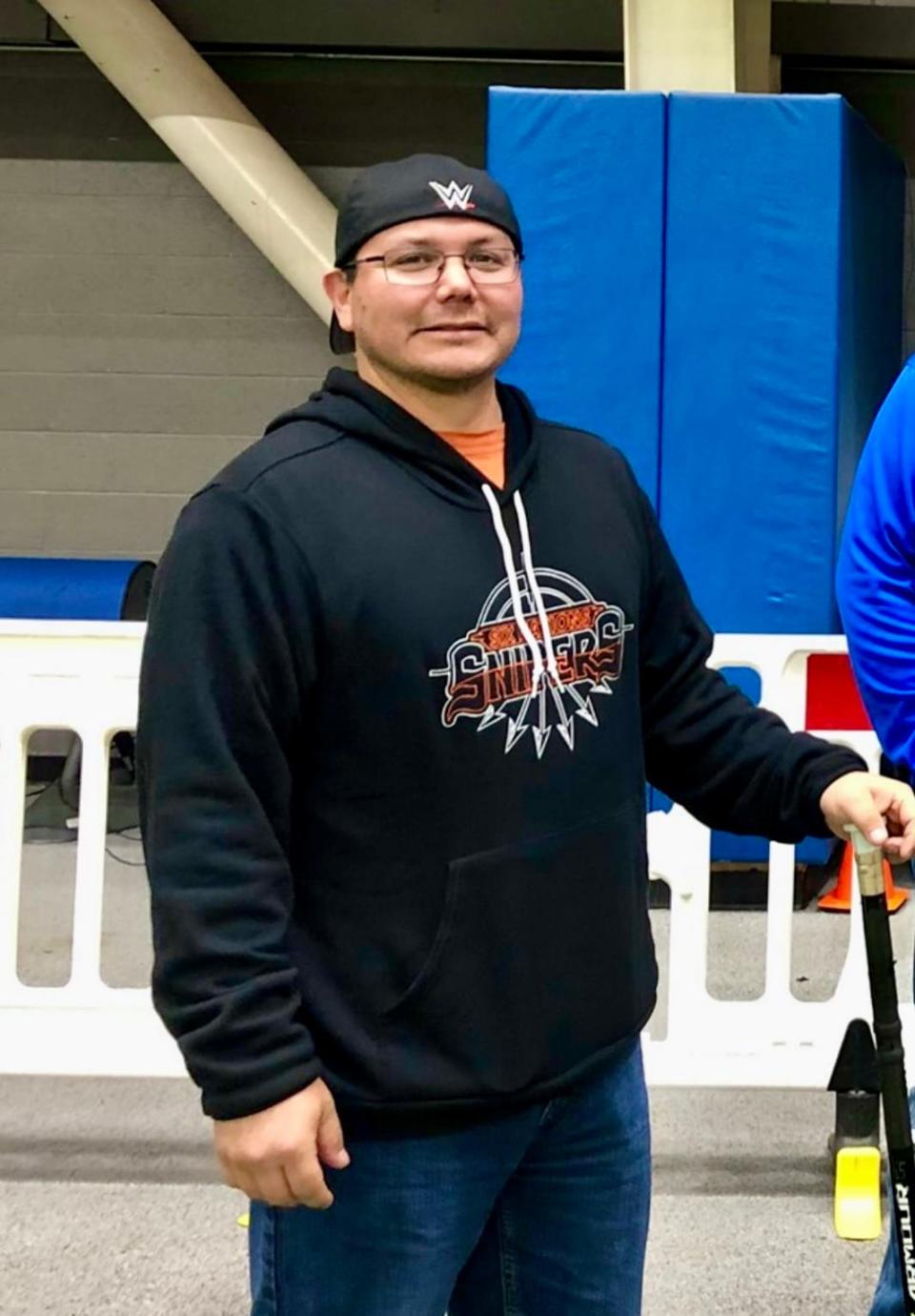New Ontario Lacrosse Association policy barring playing in non-OLA events on hold

A new policy that would bar Ontario Lacrosse Association (OLA) team members from participating in non-OLA-sanctioned clubs or events has been put on hold for the 2024 season following criticism from the lacrosse community.
The non-sanctioned participation policy, which would affect players and officials alike, was posted to the OLA website in December but removed earlier this month, pending review by the league's commissioners.
Jeramie Bailey, executive director of the OLA, told CBC Indigenous in an emailed statement the policy was removed "to avoid any confusion while the league's commissioners make further recommendations over the next several months."
An online petition against the policy, which said it was discriminatory in several ways because of exceptions favouring expensive prep schools, garnered nearly 6,000 signatures. Lacrosse Canada issued a statement Dec. 29 saying its board of directors had "great concerns on the impact this has on our membership and the opportunities afforded to them."
Darcy Powless, general manager for the Haudenosaunee Nationals, said the OLA policy would take opportunities away from kids trying to play in front of scouts, or grow their game skills.
His nephew was to play in Albany, N.Y., in a U.S. box lacrosse tournament last weekend and he said his sister was worried her son would be suspended.

Darcy Powless, general manager for Haudenosaunee Nationals, says he hopes the OLA retracts its non-sanctioned participation policy. (Darcy Powless)
Powless said he hopes the OLA retracts the non-sanctioned participation policy but if it doesn't, he said there's a another option.
"We don't have a shortage of lacrosse players down here," he said.
"It's just a matter of reorganizing it and if we really had to, we could run our own house league program [or] a whole separate league outside of the OLA."
'Every single player would be affected'
After getting tired of driving his sons from Ottawa to Toronto for practices, Jay Fox started his own field lacrosse club, the Ottawa Capitals Lacrosse, with former National Lacrosse League player Callum Crawford.
Fox said he wanted to bring together kids from across eastern Ontario, Montreal, Kahnawá:ke, Akwesasne to provide educational opportunities through the sport.
U.S. coaches watch players in showcases in the U.S. and recruit them for their schools, offering full or partial scholarships. He said private clinics and clubs such as his provide players with more opportunities.
"In the last decade, we've helped over 200 kids gain scholarships to U.S. prep schools and colleges," Fox said.
"They don't do that in the OLA."
Fox said club field lacrosse is complementary to the OLA, which is why he was shocked when the OLA's proposed policy went up on its website.
He said all the players on OLA's championship team, Team Ontario, are involved in non-OLA sanctioned organizations.
"Every single player would be affected by this and would be banned if they went ahead with it," said Fox.
Based on Hockey Canada policy
OLA said its proposed policy is based on Hockey Canada's non-sanctioned policy which has been in place for over a decade.
According to a frequently asked questions webpage about the policy, now also removed from OLA's website, team ratings and results at OLA tournaments were impacted by athletes being "unavailable due to conflicting events," affecting the integrity of competition at provincial championships.
It said there were instances of championship games being forfeited because "half of the team's roster abandoned the team due to non-OLA commitments."
The OLA said it will look at exceptions for some unsanctioned lacrosse programs and is exploring opportunities for players to showcase skills to educational institutions at both the high school and collegiate levels moving forward.
OLA provided a short working list of leagues and teams exempt from the policy that included the National Lacrosse League, the Canadian Lacrosse University Field Lacrosse League, National Collegiate Athletic Association as well as the North American Indigenous Games.


